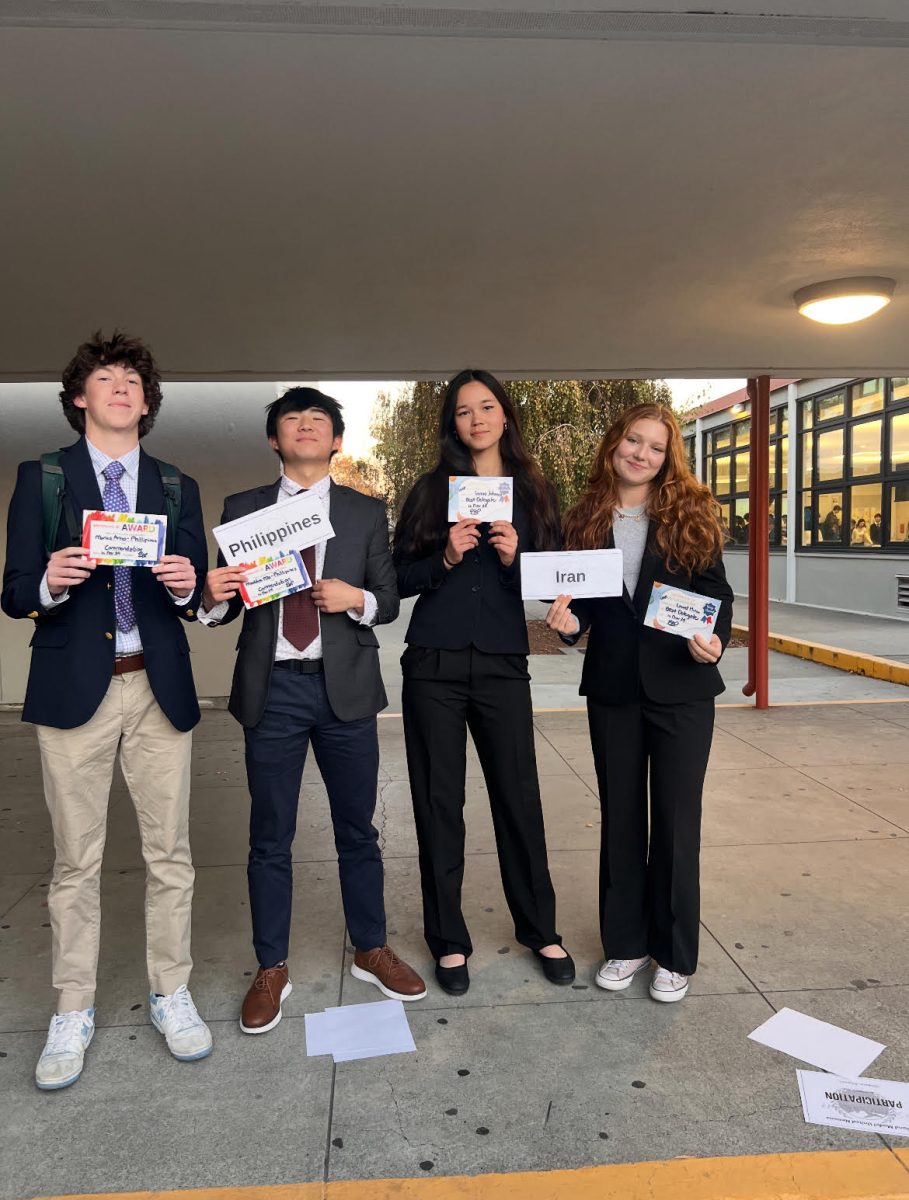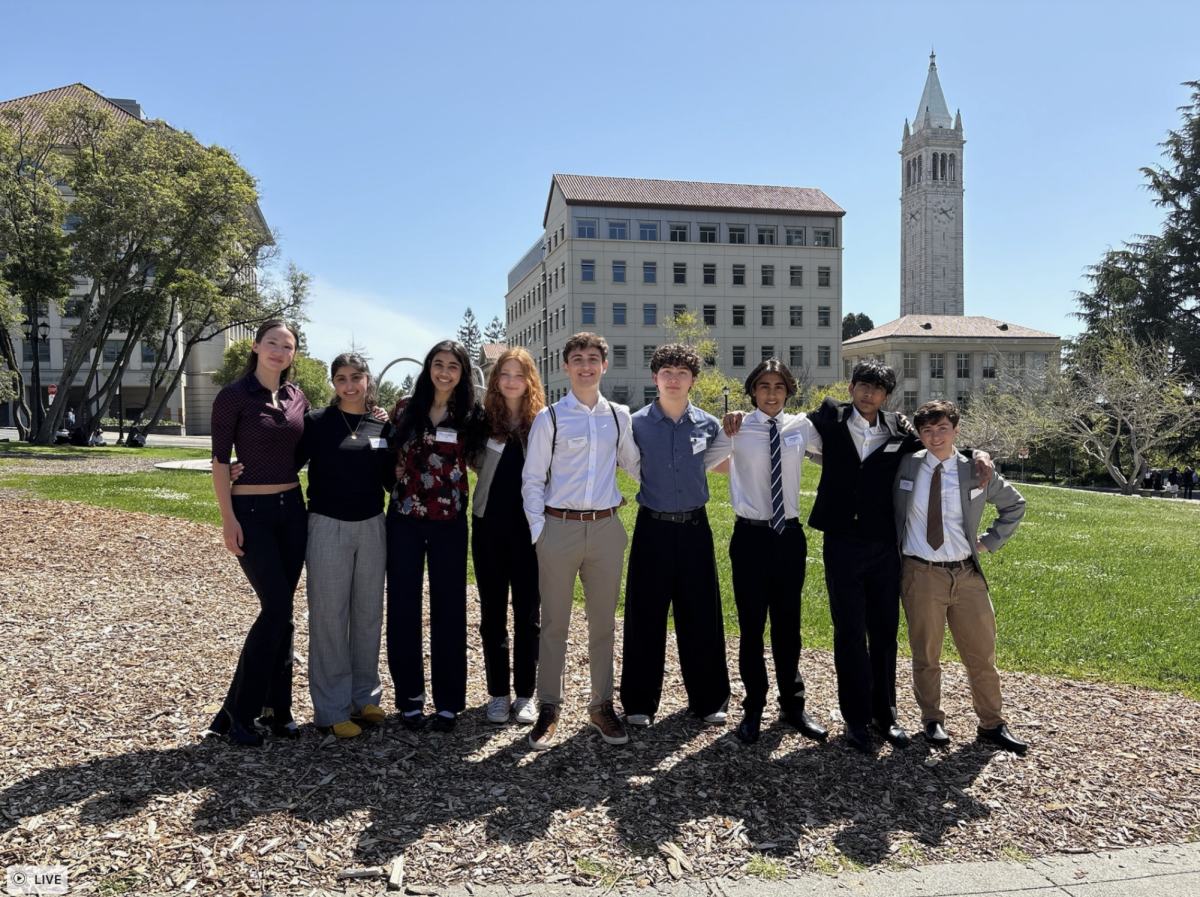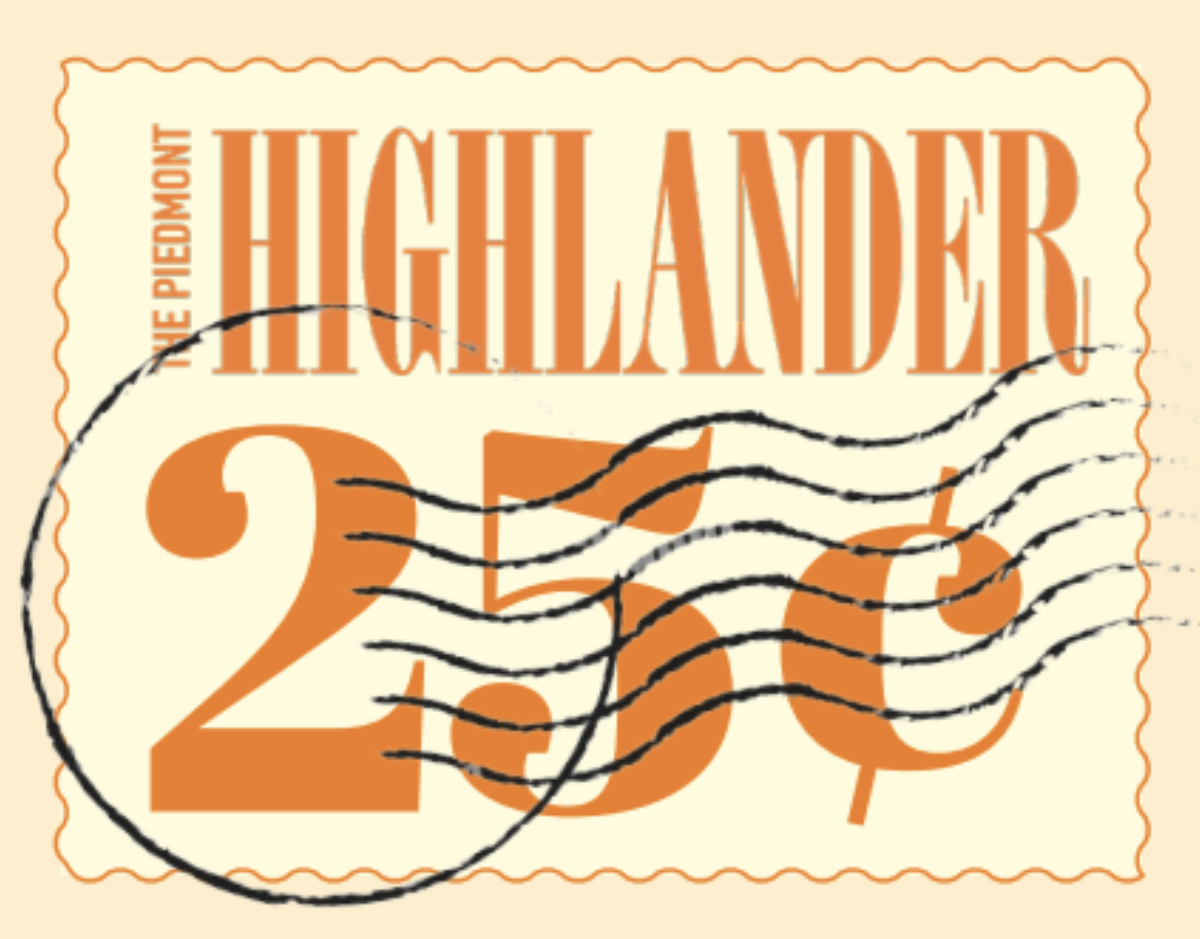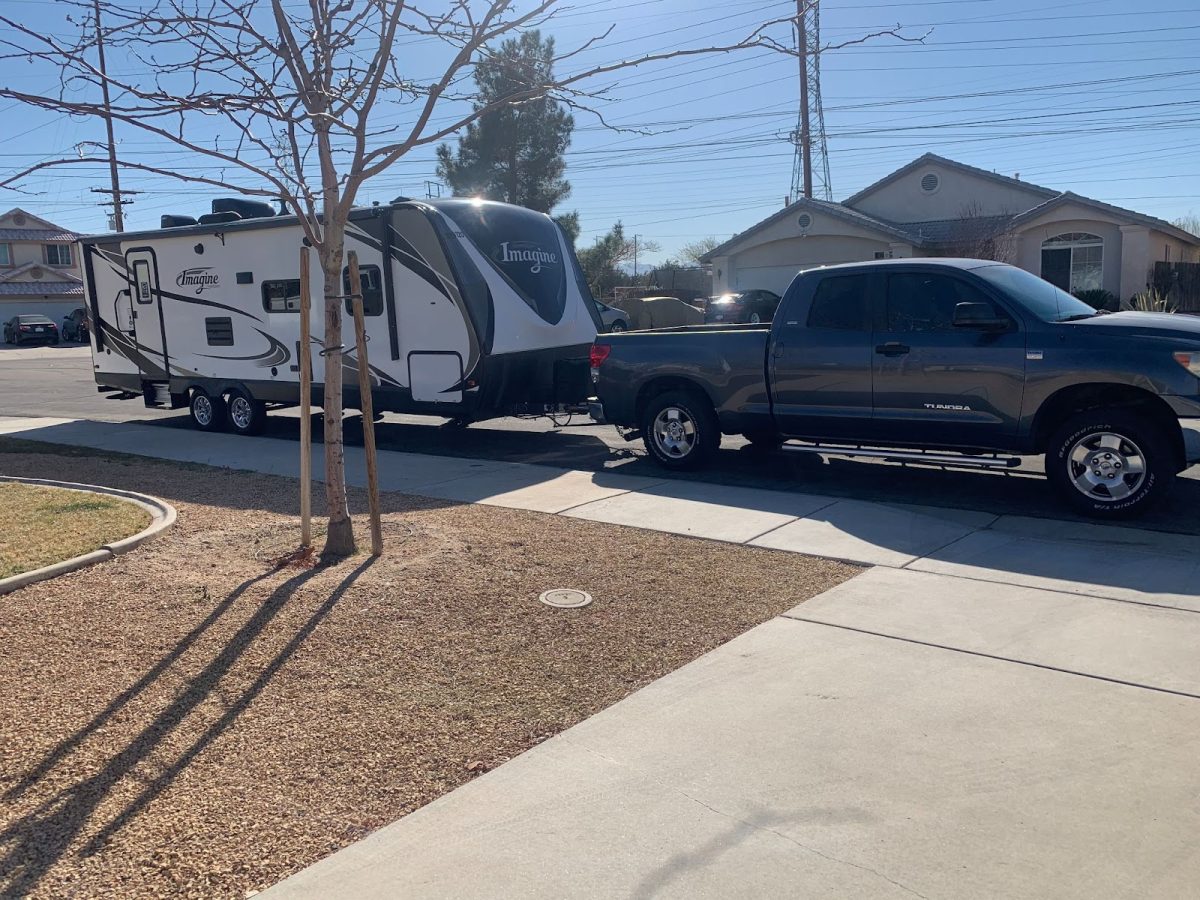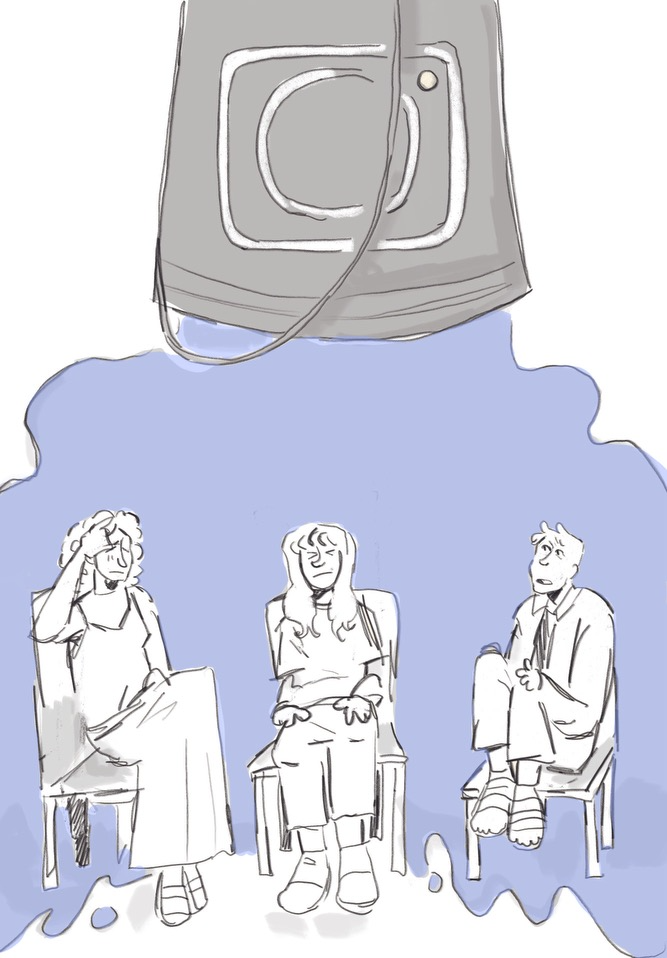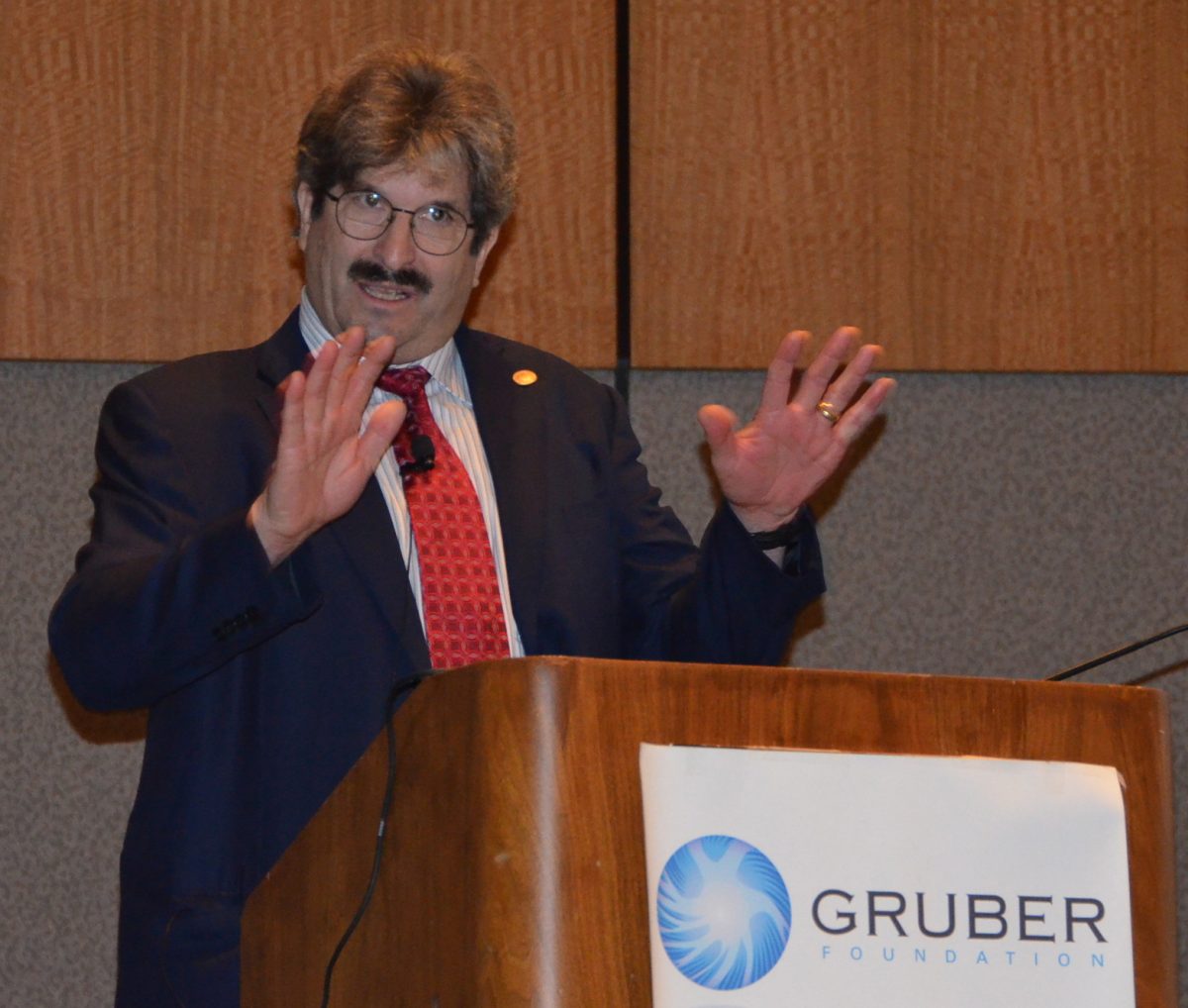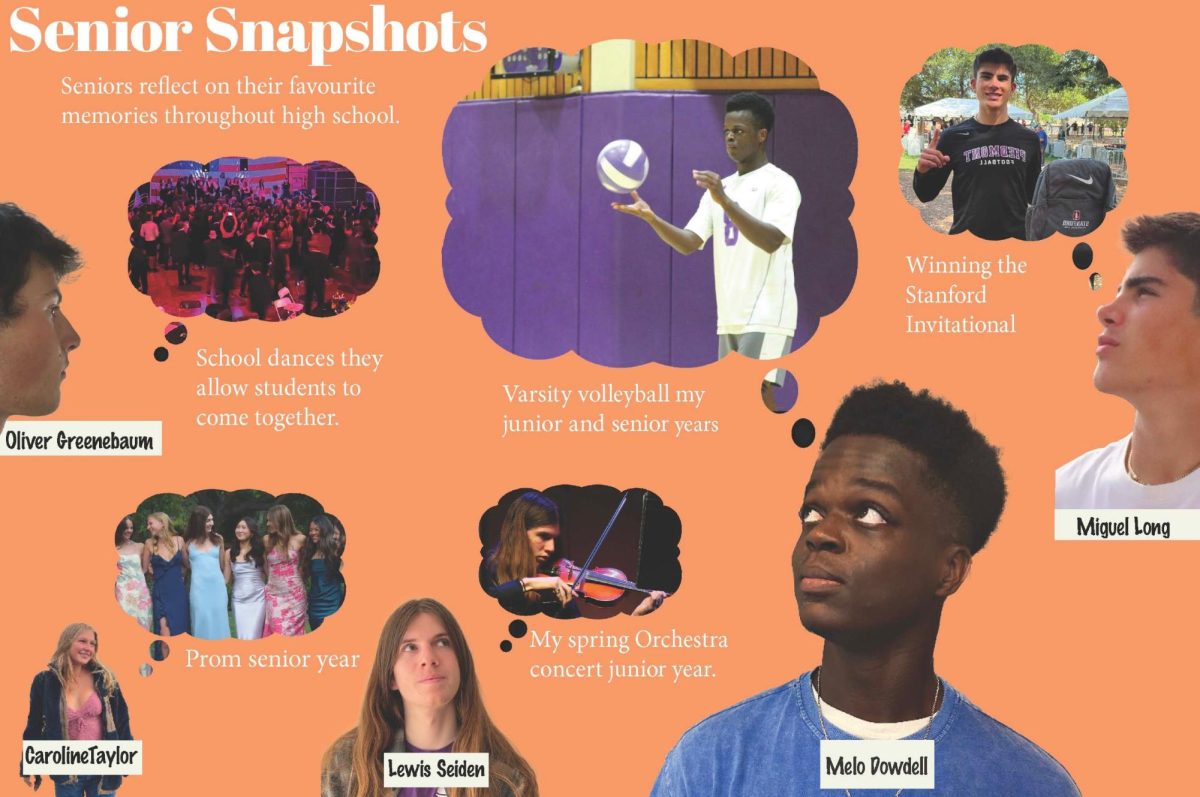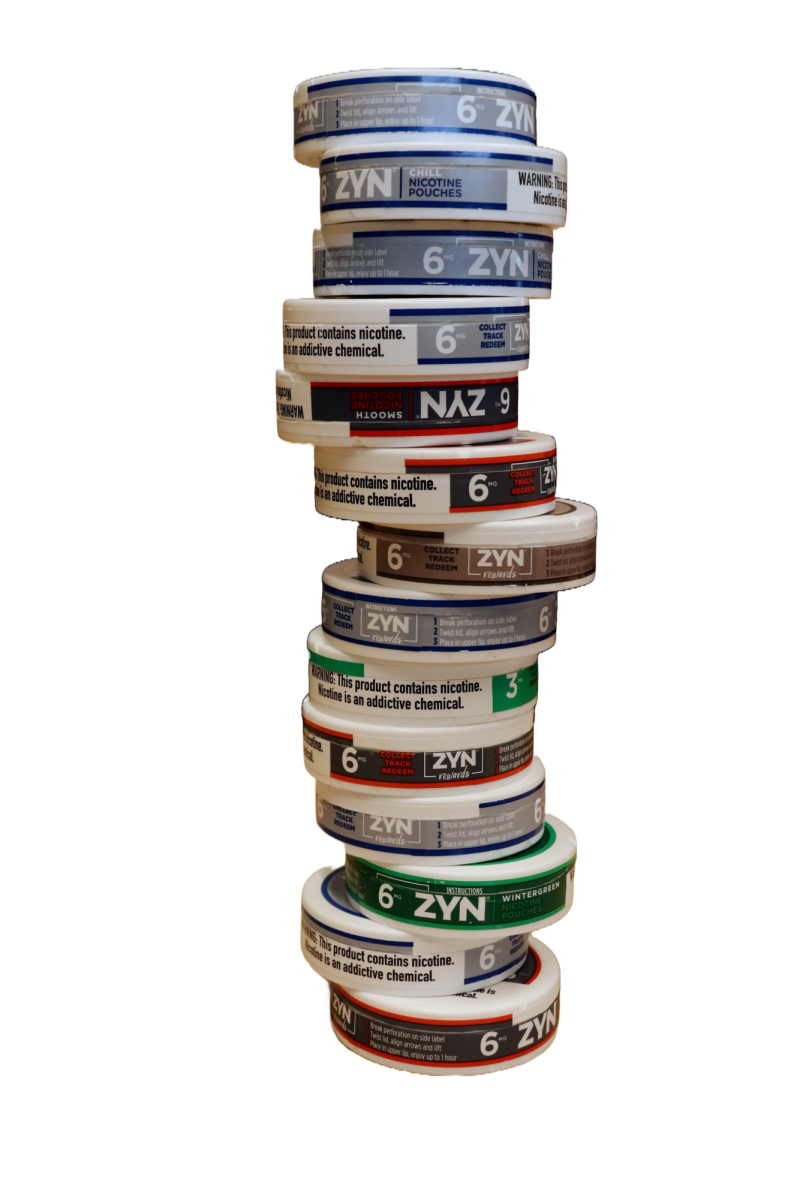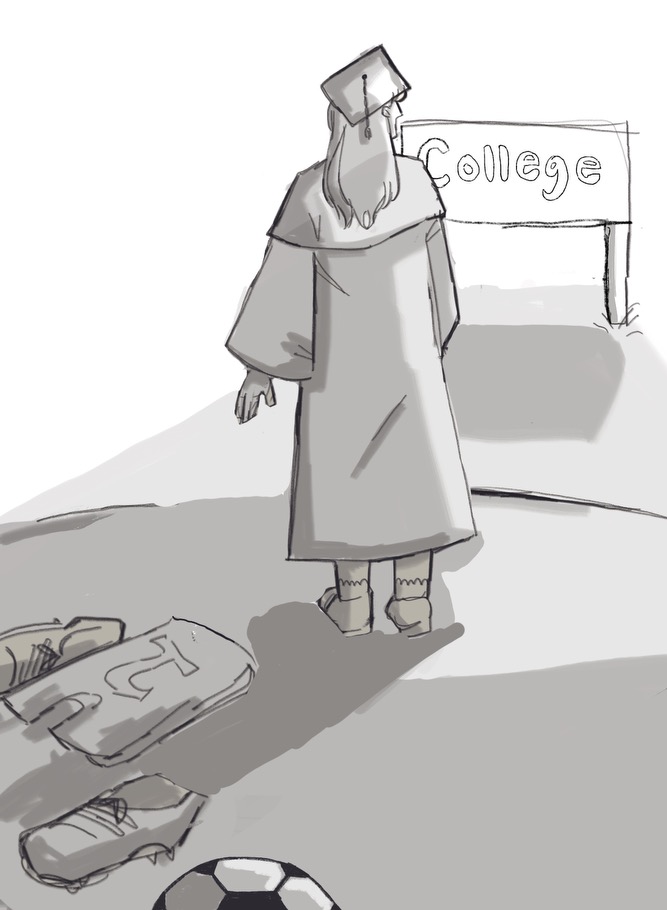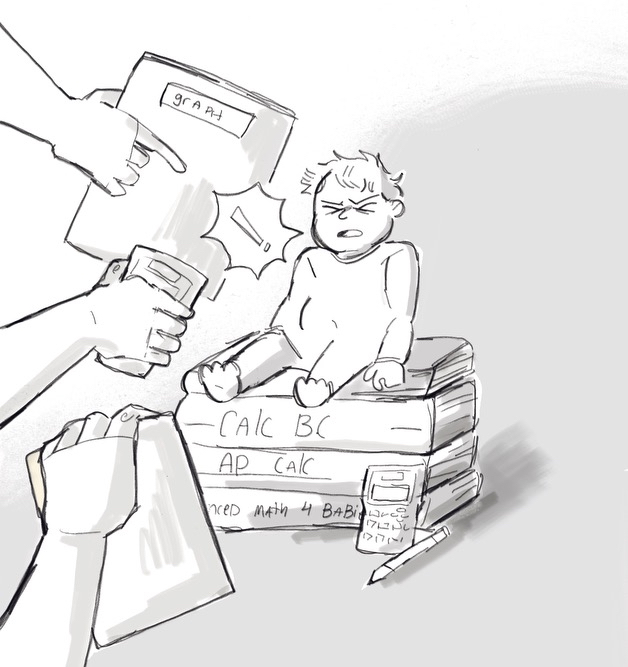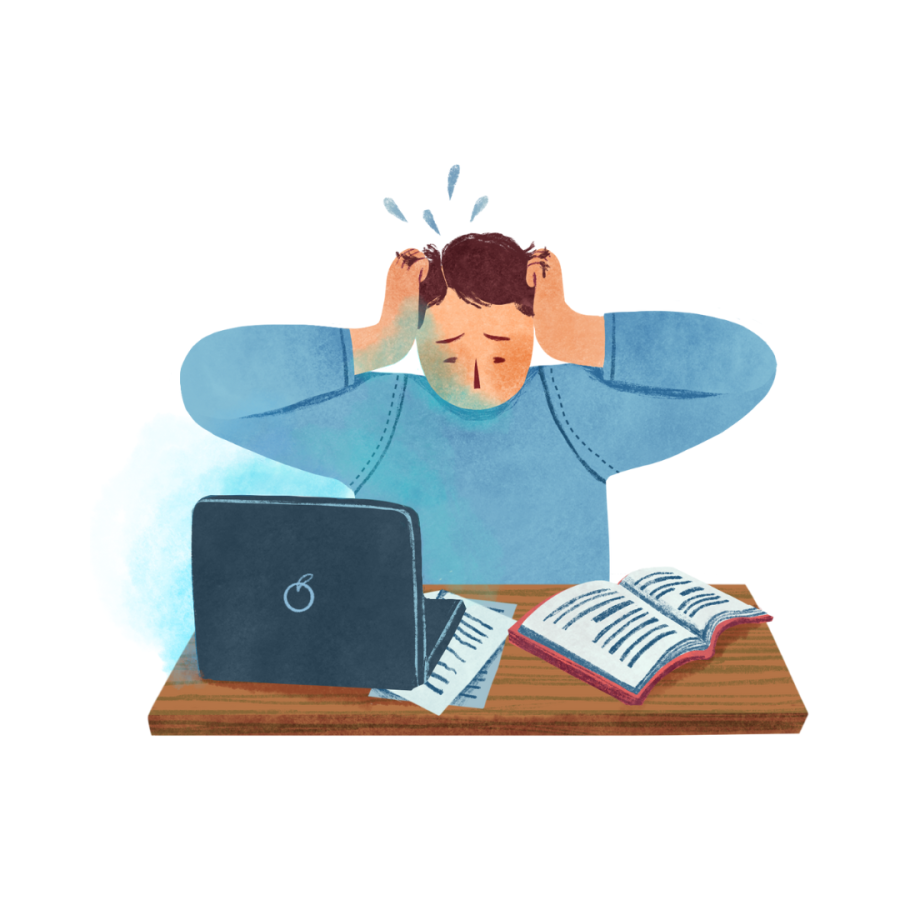Ban on External Courses Does Not Benefit Students
Sep 14, 2022
Achieve mediocrity. This feels like a more fitting amendment to the current school motto in light of the administration’s decision to not recognize students’ efforts outside of school. The decision to reverse the previous policy (Which allowed students to take up to 2 courses outside of PHS) was made by the Board of Education on April 27, 2022. I propose that PHS students be allowed to take and get credit for AP courses that are not offered at our school. To pursue their interest and curiosity, I suggest that the Piedmont school board allows students to get recognition for outside AP courses.
Our school is small, and there are therefore often not enough teachers available to accommodate all educational interests and needs that students may have. As the student population grows more diverse and begins to develop a wide variety of different interests, the school alone cannot keep up with the students demands for varied courses. Students interested in other subjects not offered at school should be recognized for their efforts in challenging classes outside of school. For example, a student wanting to learn German or philosophy will not be recognized for it. They may spend countless hours working on a challenging AP course and not have their efforts recognized by the school.
A different circumstance for students receiving credit from outside AP courses is a student already knows the course material of the class that they are in. A student may want to move up to the next level of the class but rethinks their decision due to the fact that they will not get credit for it. The students taking the online AP course can participate in the class as TA’s and provide advice and guidance for their peers on that subject. To implement this system, I suggest having students take a test on the course content. If they pass, they should be allowed to get recognized for an outside AP course that the school does not offer.
The Piedmont board of education has three reasons on why they will not give students credit for outside AP courses. The first reason is the school will lose money from the students not sitting in PHS classrooms. According to Ellen Frasier, the PHS counseling office secretary, Last year, 175 semester courses were taken outside of school which means that the school was missing 175 people. ( These numbers include students who took more than one course and community college courses which are still allowed.). The second reason that was cited was the financial disparity that could arise between students that were able to afford the courses and students who were not able to do so. The administration feared that it would cause inequality within the student body. The last reason that the policy was changed was to give PHS students the full immersive high school experience.
Although the board of education brings up valid concerns, it is not enough to not recognize students for outside AP courses. The ultimate goal of the high school experience is to improve and ultimately become critical thinkers. This notion is supported by the New York Times piece titled, School is for the making of Citizens. The piece describes in detail the failures of many states in blocking out part of racial history from their schools curriculum. The piece argues that the students are not getting a complete education and are thus not able to become fully participating citizens in our democracy. This is because they lack the knowledge and know how to act upon issues that are prevalent in our country today. What we are doing out of our school is not allowing students to get a complete education. Our system does not allow students to pursue their interests, challenge themselves, which in the long run will likely lead to us not being able to have critical thinking skills to apply in the world. These are the reasons why I suggest that PHS allows students to take outside AP courses.
